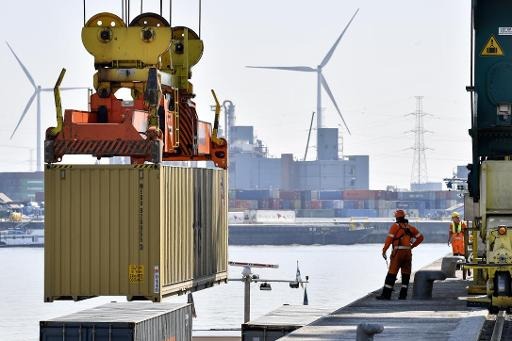The directly added value within the Belgian ports increased to around €18 billion (using current prices) in 2016 - 4.3% of Belgium’s GDP. The figures arise from an economic impact study by the National Bank of Belgium (NBB) published on Friday. Indirectly added value is around 82% of direct added value - €15 billion (3.5% of Belgian GDP).
Direct employment within Belgian ports fell again to a lower limit of around 115,000 full-time equivalents (FTEs) in 2016, 2.8% of domestic employment within Belgium, after a moderate, albeit constant, slide between 2012 and 2015 (a decrease of 0.8% per year). The NBB adds that the numbers employed through indirect employment reached 138,000 FTEs (3.4% of domestic employment).
In 2016, the Port of Antwerpen registered a reduction in directly added value (down by €183 million), attributable to the chemical sector. The weakening has only partially been compensated for by upturns in Gent and Zeebrugge (respectively up €67 and €28 million), whilst the “added value” of Oostende has actually reduced by €5 million, according to the economic impact study.
Moreover, for all domestic ports, the directly value added has slightly increased, going from €1.831 billion euros in 2015 to €1.891 billion in 2016. The Port of Brussels registered a drop of €45 million, whilst the Liège port complex registered an increase of €105 million.
The Brussels Times

